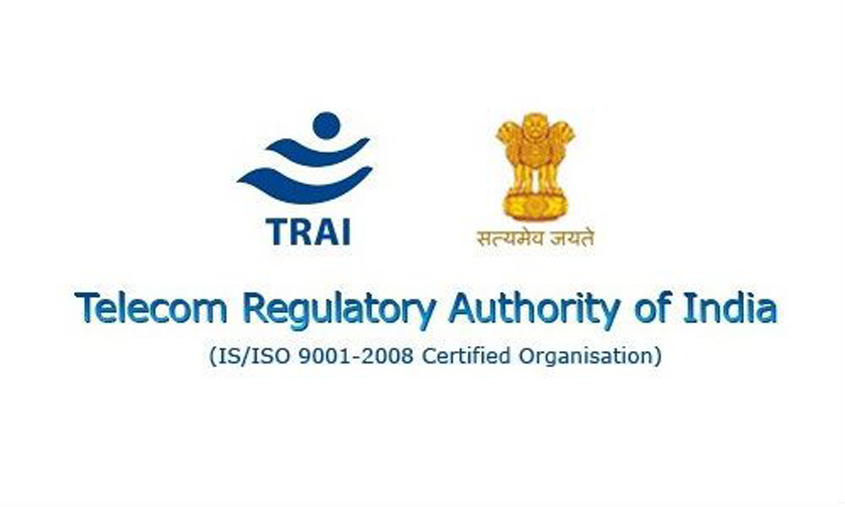The telecom regulator has come out with a “Common Duct Policy” project, which seeks to provide a time and cost effective model to telecom companies to lay fibres and cables in cities. The pilot project will start from Deoghar in Jharkhand. The pre-tender discussion between TRAI, government officials and infrastructure companies will be held soon.
“Telecom and TV companies have to dig up the road every time a fibre is laid. This causes great inconvenience to the people of the city. In the new project, a common duct would be built on PPP (public private partnership) structure, which can be used by everybody for which the service provider would have to pay a certain amount as rent to the local government,” said a TRAI official.
According to him, the project will not only bring revenue for the local government (municipality), but will also ensure that roads are dug again and again, which will be a big relief for the people. The concept is aligned to Prime Minister Narendra Modi’s vision of “ease of doing business”, he added.
He said the concept of infrastructure sharing has been quite successful in case of mobile towers, leading to rapid network expansion and similar can be done for fibres and cables by sharing of infrastructure cost by the service providers. The TRAI, to begin with, has partnered with the Jharkhand government for the Common Duct Policy project and based on its success, the model will be replicated in other parts of the country.
In this project, all major roads leading to market places, offices, educational and health institutes would be ducted. A service provider will just have to take on lease the micro-duct for its cable. The owner of the duct infrastructure (the local government) will maintain the duct. It will considerably reduce the cost, as it will be divided among the service providers. Moreover, frequent digging in the city could be avoided.
There will be no need to secure frequent RoW (Right of Way) permission from the Ministry of Road and Highways. The Minister recently issued a fresh set of guidelines for granting RoW permission to telecom service licensees and infrastructure providers seeking to lay cables and ducts on national highway land
In several cases, private telecom service providers start digging to lay cables, causing extensive damage to the highway. In case of BoT projects, a dispute arises as to who would bear the cost of restoration. All these issues have been addressed in the new guidelines.

